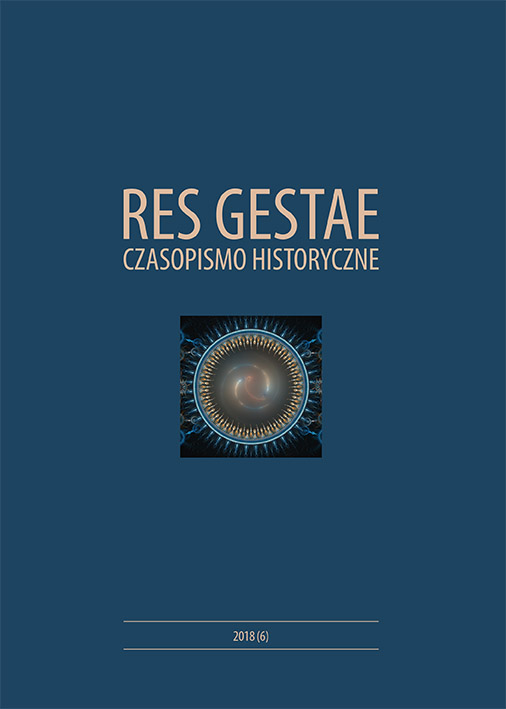Osaczeni, samotni, bezbronni... Refleksje po lekturze książki Dalej jest noc. Losy Żydów w wybranych powiatach okupowanej Polski, T. I, II, pod redakcją Barbary Engelking i Jana Grabowskiego, Warszawa 2018
Main Article Content
Abstrakt
The two tomes prepared by the team of authors directed by B. Engelking and J. Grabowski are a scientific and publishing phenomena in Poland. Nine independent, author monographies on the level of poviat, municipality and village, devoted to the case of Holocaust, but perceived through the prism of microhistory. All the texts were prepared accordingto the common, agreed upon draft, with accent put on the issue of experience and course ofevents (German occupation, Soviet occupation), and most of all the survival strategy and the Polish-Jewish, Polish-Polish and Ukranian-Jewish relations in this hard time.
Studies have shown that the will to survive was the strongest, uniform, constant Jewish message, task and attitude, while the Polish perspective and the perception of Jews in this tragic forthem time was characterized with a number of attitudes and actions. However, there was a visible shift in the Polish accent - not as much towards mass help for the co-citizens, as towards indifference. Sometimes, there was compassion and mercy and quite clear, so not marginal, cooperation with the German (Soviet) occupant. The authors are correctly defining this typical attitude as the Polish (Ukrainian) complicity in the Holocaust. It is a valuable revaluation, exactlyon the microhistoric level, of the common imaginations and myths about mass help given to Jews by the Poles. It’s an important scientific find, made based on a solid analysis of the vast source base and subject literature. As a supplement of this picture there is a statistic of the phenomenonof Holocaust in both tomes, “counted” (with limitations, of course) on this lowest levelof the historical process. The names - of both the perpetrators and co-perpetrators - and, whatis most important - both institutional, Polish (Polish Blue Police, the volunteer fire brigades, military guard, the Junaks from Baudienst), and individual co-perpetrators, who mostly tookover a part of the Jewish wealth after the Holocaust - are the complementing factor here.
The two tomes require the studies to be continued, as only the full elaboration on the poviat level will allow for the synthetic and balancing approach. It will allow for deconstructing many propaganda or political-ideological myths present in part in Polish history, and most of all - in Polish journalism and the attitudes of Polish politicians and sometimes ecclesiastic personalities. As a consequence, it will also affect, in some way, the myths present in the consciousness and attitudes of a part of the society. This is why these two tomes are that important - they are scientifically solid and reliable, requiring reflection and discourse, and are a result of free scientific research and authors’ sovereignty.
Article Details
|

